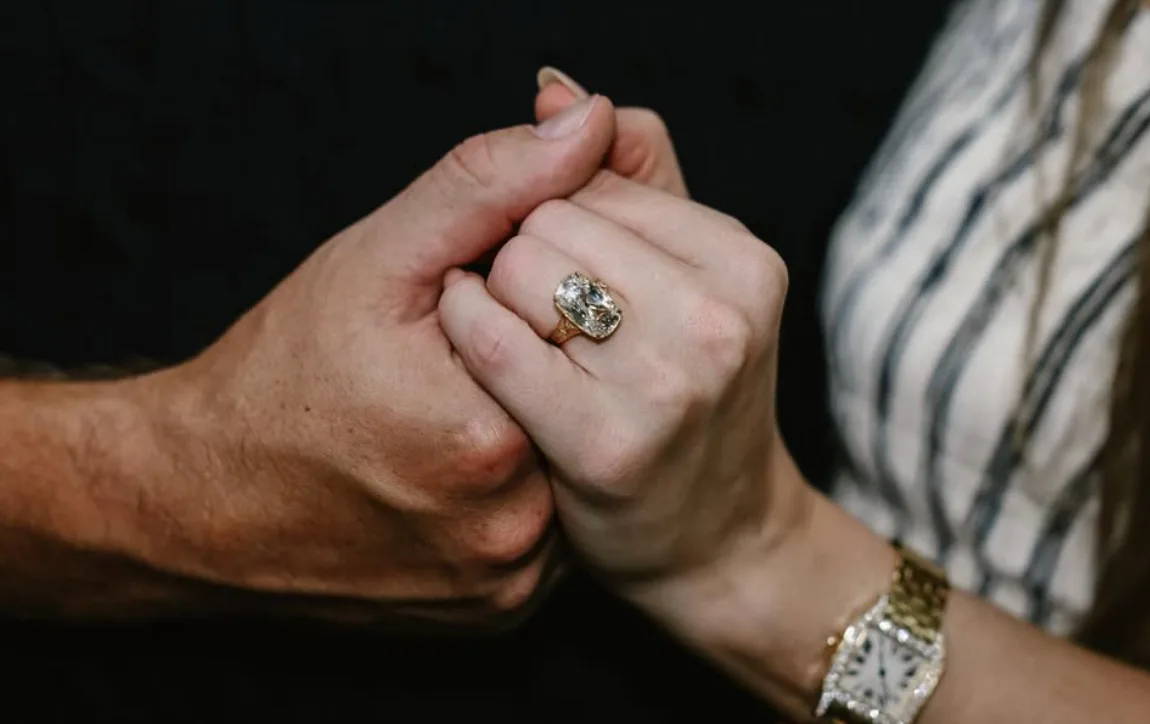If, like us, you consider Girls as a key marker of your formative Millennial years, then you’re likely already across the latest Lena Dunham creation to dominate the pop culture discourse. But in case you’re not, then consider this a Too Much explainer: complete with all the Lena Dunham and Jack Antonoff relationship lore that’s hard to can’t ignore.
Too Much follows the story of Jessica – an American expat who moves to London for a fresh start after a monumental break up thrusts her career and life, into chaos. Seeking solace in the unknown, Jess dives into a whirlwind romance with Felix – an indie musician (played by Will Sharpe) whose character closely mirrors that of Dunham’s husband in real life. But that’s not the only parallel to pick apart. There’s also Jessica’s ex-boyfriend Zev, a dare-we-say very Jack Antonoff-coded character who’s sending the internet into a state.
It’s worth noting straight off the bat that while Dunham admits to writing Too Much with a semi-autobiographical spin, she’s also the first to shut down any further comparisons between her publicised life and the story on screen.
“My least favorite thing would be if people were to try to Baby Reindeer it,” she told Vanity Fair when asked about where she found inspiration for the script.
“because it would be impossible. It’s so many influences, so many stories from friends. I would like 34-year-old women anywhere to be able to look at [Megan Stalter’s leading lady] Jessica and – while of course they won’t all connect to every aspect – see something of themselves in her,” she added.
Yet, given the obvious links to major points of the Lena Dunham multiverse – including her past relationships, Girls character callbacks and even some physical similarities – it’s hard not to “Baby Reindeer it.”
Is Zev From Too Much Based On Jack Antonoff?

While there are some definite parallels between Jess and Zev’s relationship in Too Much and Dunham and Antonoff’s in real life, the writer has confirmed that the character is based on a mixed bag of influences.
“That ex-boyfriend is very much an amalgamation of every ex that I’ve had, or that a friend’s had,” she told Vanity Fair. “It’s this quotidian acceptance of unkindness that eats away at a person over a long period of time and degrades their sense of self. If someone were to say, ‘Who inspired that character?’ I’d be like, ‘Do you have time for me to give you 42 examples?”
Regardless, the character of Zev bares a striking resemblance to that of Antonoff. Not only does the breakup between Jess and Zev spurr her relocation to London (as it did for Dunham), but his next relationship with influencer Wendy Jones (played by Emily Ratajkowski) is thought to mirror Antonoff’s post-Dunham relationship with Carlotta Kohl.
Dunham and Antonoff were together for five years, Zev and Jess were together for six, and while the fictional character might not be an award-winning producer, he is a writer, which isn’t exactly a huge departure.
How Long Were Jack & Lena Dunham Together?
Anyone who knows anything about Lena Dunham will undoubtedly remember her relationship, and subsequent breakup, with Jack Antonoff – the famed producer behind some of the pop worlds biggest hits. It’s a tale well documented, but here’s a refreshed nonetheless.
After meeting in 2012, Dunham and Antonoff dated for five years before announcing their split in 2018. “Jack and Lena were growing apart and it just made sense for them to end their relationship where it was.” a source told E! News at the time.
Dunham elaborated on the breakup in an essay published inVogue later that year, sharing: “We sat in our shared kitchen of nearly four years and quietly faced each other, acknowledging what nobody wanted to say,” she wrote. “That obsessive connection had turned to blind devotion, and the blinders were coming off to reveal that we had evolved separately (the least shocking reason of all and perhaps the most common). That anger wasn’t sexy or sustainable. That our hearts were still broken from trying so hard to fix it but no longer uncertain about whether or not we could. The finality nearly killed me.”
Related articles:
- Lena Dunham On The Real-Life Moment That Inspired Her New Series, ‘Too Much’
- “It’s Not For You”: Lena Dunham Is Upending Female Stereotypes One Role At A Time










